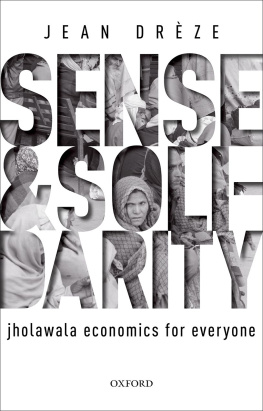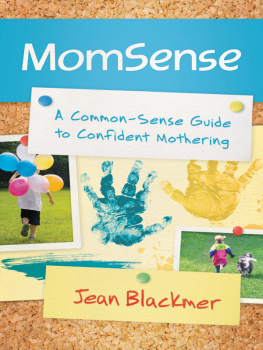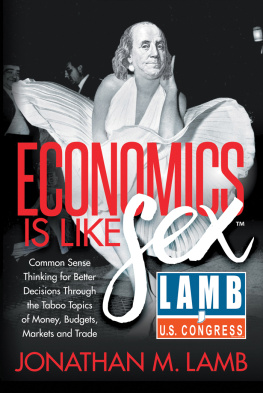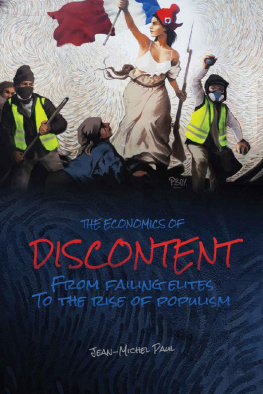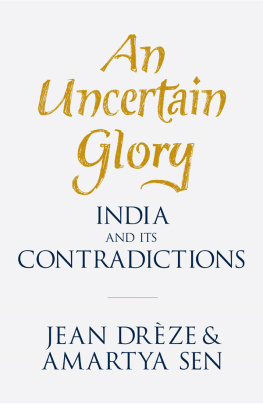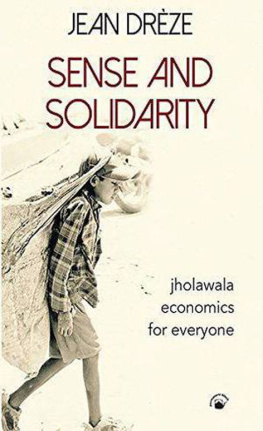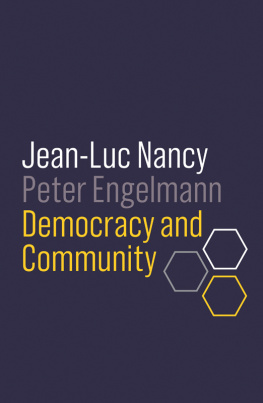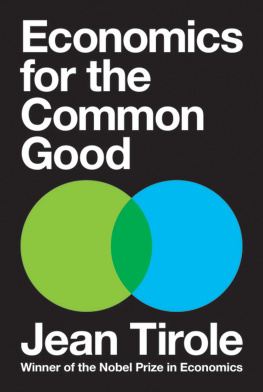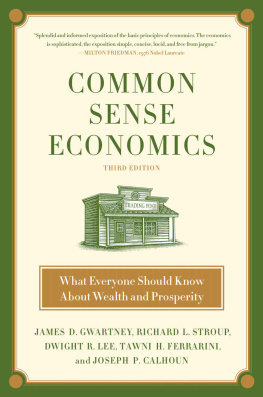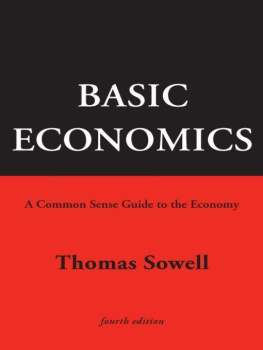Jean Drze - Sense and Solidarity: Jholawala Economics for Everyone
Here you can read online Jean Drze - Sense and Solidarity: Jholawala Economics for Everyone full text of the book (entire story) in english for free. Download pdf and epub, get meaning, cover and reviews about this ebook. year: 2019, publisher: OxfordUP, genre: Politics. Description of the work, (preface) as well as reviews are available. Best literature library LitArk.com created for fans of good reading and offers a wide selection of genres:
Romance novel
Science fiction
Adventure
Detective
Science
History
Home and family
Prose
Art
Politics
Computer
Non-fiction
Religion
Business
Children
Humor
Choose a favorite category and find really read worthwhile books. Enjoy immersion in the world of imagination, feel the emotions of the characters or learn something new for yourself, make an fascinating discovery.
Sense and Solidarity: Jholawala Economics for Everyone: summary, description and annotation
We offer to read an annotation, description, summary or preface (depends on what the author of the book "Sense and Solidarity: Jholawala Economics for Everyone" wrote himself). If you haven't found the necessary information about the book — write in the comments, we will try to find it.
Jean Drze: author's other books
Who wrote Sense and Solidarity: Jholawala Economics for Everyone? Find out the surname, the name of the author of the book and a list of all author's works by series.
Sense and Solidarity: Jholawala Economics for Everyone — read online for free the complete book (whole text) full work
Below is the text of the book, divided by pages. System saving the place of the last page read, allows you to conveniently read the book "Sense and Solidarity: Jholawala Economics for Everyone" online for free, without having to search again every time where you left off. Put a bookmark, and you can go to the page where you finished reading at any time.
Font size:
Interval:
Bookmark:

Jean Drze is one of the world's finest development economists. He works in a space that is widely but incorrectly ignored by most. The practical implications of evidence-based economics cannot be worked through without engaging all of society in democratic discussion, including (especially) those who are working for change. Economics itself fails without that engagement. In this collection of beautiful essays, some previously unpublished, Drze uses economics, philosophy, and his extensive practical experience to illuminate the whole range of social policy in India. Read on!
Angus Deaton, Nobel Laureate, Economic Sciences, 2015
Anyone with any interest in the fate of democracy and development in India should buy the book at once.
Ramachandra Guha, The Telegraph
It is this combination of passion and humour, of sincerity and argumentativeness, that makes Jean Drze's book such a compelling read. You may not always agree with the happy warrior, but you have to engage with him. Besides, he is good company!
Maitreesh Ghatak, NDTV
Economist Jean Drze's new book makes an increasingly necessary argument that creating a morally good, progressive society is as important as improving traditional development indexes.
Nilanjana Roy, BBC
I have learned a lot from reading the articles in this book as they came out over the years and really enjoyed reading the introduction on social development, democracy, research, and action as Jean was working on it. It has some very important words of wisdom and experience for aspiring jholawala economists.
Diane Coffey, Executive Director, Research Institute for Compassionate Economics
Beautifully produced, with a catchy and moving introduction this collection is a pleasure to read. Drze writes elegantly and passionately, shorn of rhetoric, arguing that we see India from the lens of the marginalized.
Ashiwini Desphande, Indian Express
This collection of Drze's essays, originally published in the opinion pages of news publications between 2000 and 2017, offers a remarkable view of these tumultuous years.
Supriya Sharma, Scroll
When an objective economic history of modern India is written, jholawalas will rub shoulders with post-independence socialism of Nehru and the Fund-Bank nudged reforms of 1990s. The right-based schemes, the debates regarding universal basic income and formulation of public policy through a democratic process owe a huge intellectual debt to the jholawalas, of which Jean Drze is a giant.
Sunil Bahri, Outlook
Dreze offers a sombre but insightful window into the failure and promise of social and economic policy in tackling tenacious problems of hunger, poverty, illiteracy, corruption and violence
Rakesh Kalshian, Down to Earth
a wonderful writer who reminds me of George Orwell But Drze is Orwell Plus, because he is also an economist and has been an important participant in some of the most interesting social change episodes in recent Indian history All in all a wonderful book and an indispensable man.
Duncan Green, Oxfam Blogs
Drze writes lucidly with a lot of passion on issues that really impact India.
Vivek Kaul
The book may be seen as a bridge between the more standard economics texts and the more lucid narratives of the struggles of marginalized people, such as Arundhati Roy's Broken Republic, which also deals with topics such as poverty, tribal rights, and government policy.
Tadit Kundu, Livemint
This book is admirable in many ways and deserves its popularity in India.
Keith Hart, Economic and Political Weekly
The scholarly contributions of Jean Drze over the last two decades have significantly shaped our understanding of the extent and nature of poverty and social vulnerability across India.
Prithviraj Guha, The Telegraph

Great Clarendon Street, Oxford, OX2 6DP, United Kingdom
Oxford University Press is a department of the University of Oxford. It furthers the University's objective of excellence in research, scholarship, and education by publishing worldwide. Oxford is a registered trade mark of Oxford University Press in the UK and in certain other countries
Jean Drze 2017
The moral rights of the author have been asserted
First published by Permanent Black in 2017 This edition published in 2019
Impression: 1
Some rights reserved. No part of this publication may be reproduced, stored in a retrieval system, or transmitted, in any form or by any means, for commercial purposes, without the prior permission in writing of Oxford University Press, or as expressly permitted by law, by licence or under terms agreed with the appropriate reprographics rights organization.

This is an open access publication, available online and distributed under the terms of a Creative Commons Attribution Non Commercial No Derivatives 4.0 International licence (CC BY-NC-ND 4.0), a copy of which is available at http://creativecommons.org/licenses/by-nc-nd/4.0/.
Enquiries concerning reproduction outside the scope of this licence should be sent to the Rights Department, Oxford University Press, at the address above
Published in the United States of America by Oxford University Press 198 Madison Avenue, New York, NY 10016, United States of America
British Library Cataloguing in Publication Data
Data available
Library of Congress Control Number: 2018964547
ISBN 9780198833468
ebook ISBN 9780192569936
Printed in Great Britain by Clays Ltd, St Ives plc
Links to third party websites are provided by Oxford in good faith and for information only. Oxford disclaims any responsibility for the materials contained in any third party website referenced in this work.
Ten essays in this collection are co-authored with people who are not only valued colleagues but also dear friends: Bela Bhatia, Angus Deaton, Reetika Khera, Siddhartha, Vivek S., and the PROBE Team (Anuradha De, Pushpendra, Claire Noronha, Anita Rampal, Meera Samson, Amarjeet Sinha, and A.K. Shiva Kumar). Their good advice and influence, in fact, extend well beyond the co-authored articles. Many essays, as well as the Introduction, have also benefited from comments or suggestions from Sabina Alkire, Diane Coffey, Nikhil Dey, Haris Gazdar, Ramachandra Guha, Aashish Gupta, Mustafa Haji, Aparna John, Sneha Menon, Sudha Narayanan, Christian Oldiges, Isabel Pimenta, Vandana Prasad, Kumar Rana, C. Rammanohar Reddy, Amartya Sen, and Dean Spears, among others. Last but not least, I received very helpful editorial advice from Naman Garg, Nazar Khalid, and Jessica Pudussery.
Most of the essays in this book were initially published in The Hindu, one of India's leading dailies. I am grateful to those of its editors and staff members that I worked with over the years, including Shalini Arun, P. Jacob, Mini Kapoor, Murali N. Krishnaswamy, Nirmala Lakshman, Suresh Nambath, N. Ram, Srinivasan Ramani, N. Ravi, Radhika Santhanam, Siddharth Varadarajan, and R. Vijaya Shankar.
This book would not have seen the light of day without the valuable advice and overwhelming generosity of Rukun Advani and Anuradha Roy. Aside from working on the design of this book as if it were their own, they helped me to clarify my thoughts on many issues. The days I spent with them in their lovely cottage in Ranikhet (Uttarakhand), where Permanent Black's editorial work happens, are among the happiest in recent memory.
Font size:
Interval:
Bookmark:
Similar books «Sense and Solidarity: Jholawala Economics for Everyone»
Look at similar books to Sense and Solidarity: Jholawala Economics for Everyone. We have selected literature similar in name and meaning in the hope of providing readers with more options to find new, interesting, not yet read works.
Discussion, reviews of the book Sense and Solidarity: Jholawala Economics for Everyone and just readers' own opinions. Leave your comments, write what you think about the work, its meaning or the main characters. Specify what exactly you liked and what you didn't like, and why you think so.

